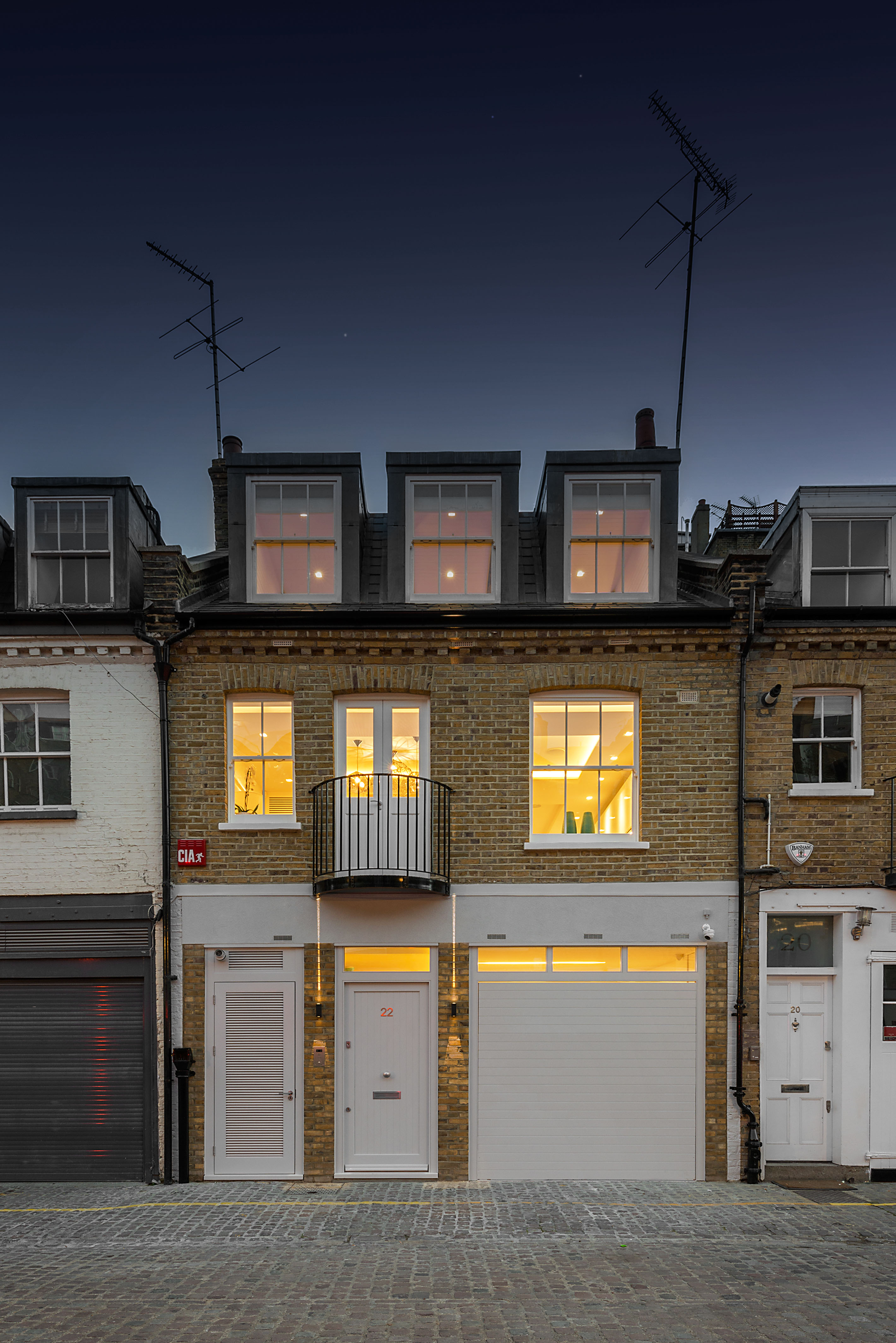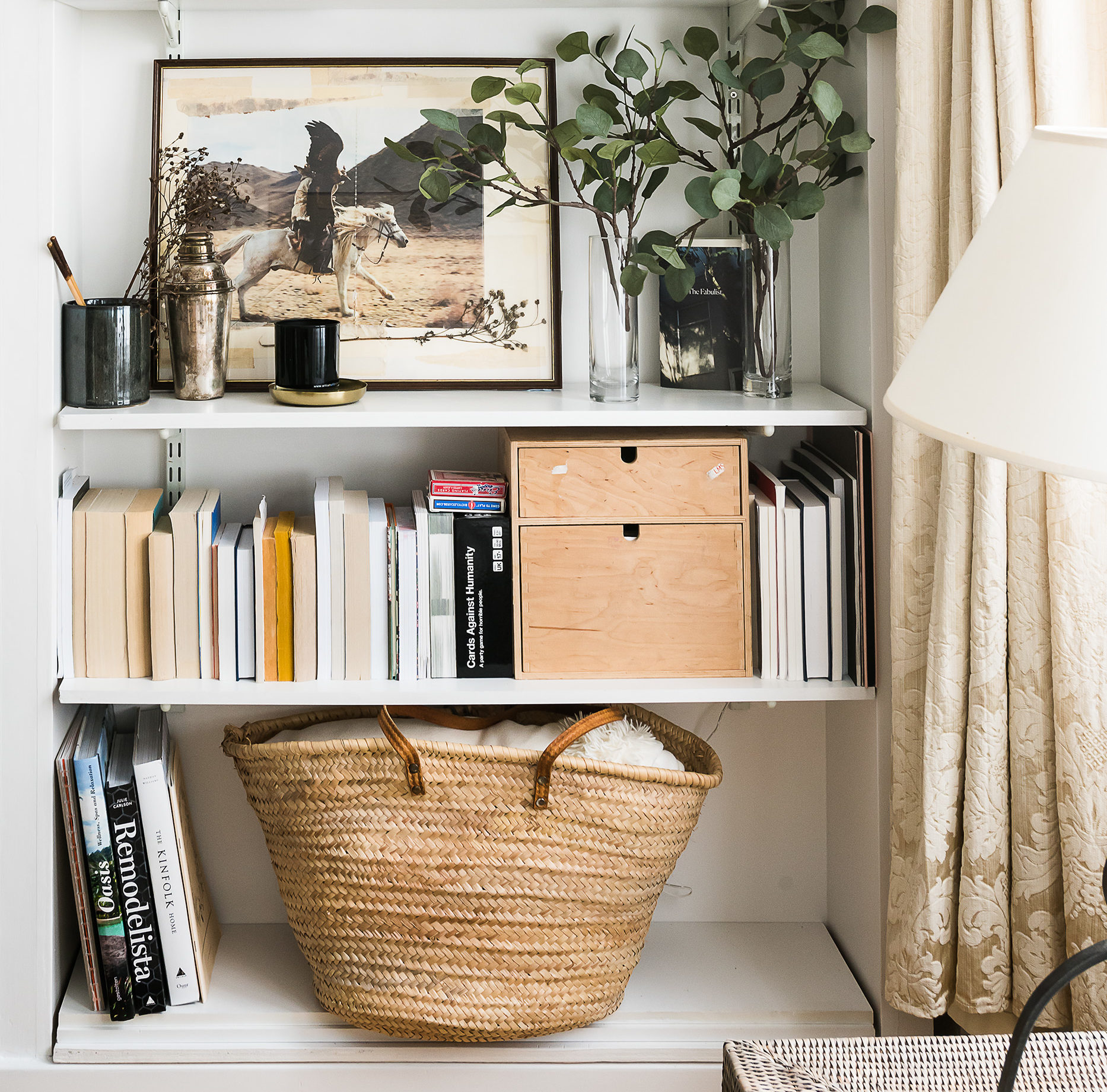Is Now a Good Time to Invest?

We’ve become used to instability in recent years – and the current political and economic crises are the latest to make buyers and vendors take stock. Zoe Dare Hall looks at how the prime London market is poised as the year nears its end…
As we hunker down for winter, with an extra jumper on, and look back at recent months, it can feel dizzying to keep up with the pace of change. The last Mews News came out as the nation was witnessing the passing of the longest-ever reigning British monarch and the early days of what turned out to be our shortest-ever serving prime minister.

As we hunker down for winter, with an extra jumper on, and look back at recent months, it can feel dizzying to keep up with the pace of change. The last Mews News came out as the nation was witnessing the passing of the longest-ever reigning British monarch and the early days of what turned out to be our shortest-ever serving prime minister.
On the other hand, after several years of economic uncertainty brought about by an ever-growing list of factors that are becoming hard to even remember in order anymore, there’s also a sense of here we go again. Uncertainty has become a given, it’s hard to remember life without it.
As it has turned out, the Autumn Statement was unremarkable at least as far as the prime London property market is concerned. Some high earners will be hit by higher taxes, but the most punitive changes that people feared, after the disastrous mini-budget, failed to materialise. The stamp duty cuts brought in by the former chancellor Kwasi Kwarteng will remain till 2025, which is good news for buyers at the lower end of the market, but fundamentally won’t affect people’s decisions in the prime market. Confidence has been restored by the new PM, thinks Billy Harvey, Mews associate at Lurot Brand. “There’s definitely a sense that we’ll have a more sensible fiscal policy with Rishi and buyer confidence has returned.”
“However there’s no sugar-coating the levels of activity in the prime market currently,” says Harvey. “There was a flurry at the end of September as people locked into good mortgage deals and thought ‘let’s just buy anything’, that has tailed off now. Numbers are down for everything – viewings, applicants, sales,” he comments. “But the buyers who are out there are serious. It’s very much a needs-based buyer’s market now, not a discretionary one, and where people need to upsize or downsize for whatever reason, properties are achieving good prices.”

It’s a phase of the prime London market that could be called the digestive process. Buyers are taking their time to consume the news – in particular the sharp rising cost of living – letting it settle before they make any big moves. But we’ve been here before in recent years, from the stamp duty changes in 2014 to the instability wreaked by years of Brexit and Covid. “Every time we see a massive change in the market, there is a natural lull in activity for a period of time,” says Harvey. “Buyers and vendors take stock of the situation before making any decisions with their housing plans. As is always the case during this uncertainty, quality properties continue to sell and the demand for them remains strong.”
It’s a phase of the prime London market that could be called the digestive process. Buyers are taking their time to consume the news – in particular the sharp rising cost of living – letting it settle before they make any big moves. But we’ve been here before in recent years, from the stamp duty changes in 2014 to the instability wreaked by years of Brexit and Covid. “Every time we see a massive change in the market, there is a natural lull in activity for a period of time,” says Harvey. “Buyers and vendors take stock of the situation before making any decisions with their housing plans. As is always the case during this uncertainty, quality properties continue to sell and the demand for them remains strong.”
The mews market is also a niche dominated by cash buyers, so no rising interest rates to spend sleepless nights over. There are the parents buying mews houses for grown-up children. “We’ve just agreed one such house in Notting Hill to parents buying for their child in their twenties,” says Harvey. “In a location like a mews in the heart of Notting Hill, you get the peace and quiet of a mews street with tons going on nearby.”

There are also buyers who spot a rare mews opportunity, such as a recent mews flat with a garage, having just 11.5 years left on its lease. “It’s available with a guide price of £550,000 and will cost about £1 million to extend the lease, but the end value will be nearly £2m,” says Harvey, who dealt with three competing bidders for the property. “It was an unusual opportunity, when leases reach 80 years, the owner usually decides it’s time to do something as the longer they wait, the more it costs to renew.”
And there are buyers who know the current time is far from ideal – but it may still be better than what’s to come. “Buyers accept everything is going to cost more now, but some are making plans to exchange before Christmas. If they need a mortgage, they are aware that rates could rise again,” Harvey comments. “Things are changing day by day, week by week, so we’re managing clients’ expectations,” he adds. “But mews aren’t standard properties, and they are slightly more immune to big changes in the market.”
There’s also something very appealing to be said for the tranquillity that living in a mews street offers, shielded from all the noise and hustle that has returned to London post-Covid. No doubt 2023 will herald a bounceback sooner or later, but there’s a long winter to get through first. Time to breathe, digest… and reach for that extra woolly.
BY ZOE DARE HALL – Property Freelance Journalist of the Year 2021, International Property Journalist of the Year 2021, Lifestyle & Interiors Journalist of the Year 2021 (Property Press Awards)
Accurate, evidenced, free valuations with no obligation from the specialists in mews.
